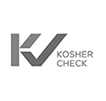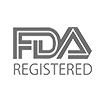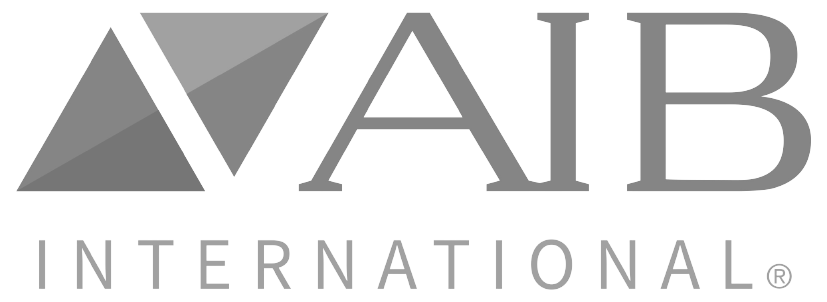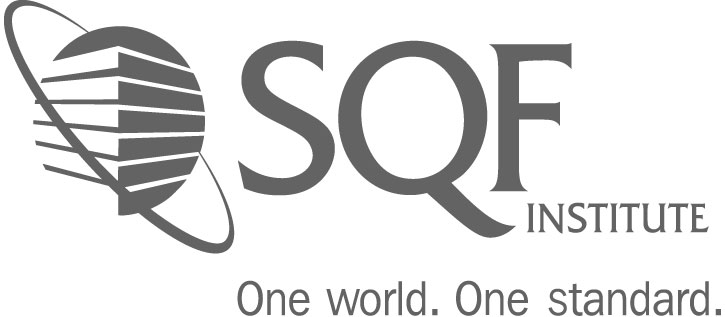In 2020, almost 30% of American coffee drinkers made their morning coffee with single-cup brewers like Keurig cups. It’s not surprising that the single-cup brewing market is still reaching a wide audience in 2024.
People love single-cup coffee because it’s convenient. But are Keurig cups environmentally friendly? Understanding the sustainability of single-use coffee is important if you plan to enter this market.
Composition of Cups for Keurig
Keurig cups are made of several components, some of which are recyclable and some of which aren’t. Taking these components apart is simple, but it does take time. Here’s a breakdown of each Keurig cup’s parts:
- Plastic cup
- Paper filter
- Coffee grounds
- Aluminum lid
When a customer pops a cup into their Keurig, the machine automatically punctures the aluminum lid and bottom of the cup. Then, the machine pours hot water into the cup to brew the coffee. Coffee drains through the bottom hole into the mug, leaving the grounds securely in the filter.
Once the coffee is brewed, customers can toss the used cup in the trash or take the components apart and recycle them. Since Keurig cups are single-use, one person could easily use more than 365 cups in a year — amassing a substantial amount of plastic waste.
Are Any Cups for Keurig Recyclable?
Keurig is aware of this sustainability issue and has been actively trying to reduce the waste that comes from purchasing its single-use cups. For example, in the last few years, they switched their plastic cups from #7 to #5 plastics, which makes them much easier to recycle.
The paper filter and coffee grounds can be composted, and the aluminum lid is typically thrown away. Although some recycling centers will recycle the aluminum, it depends on where customers live and what recycling programs are available.
As we’ve mentioned, Keurig cups are now made of plastic #5, also known as polypropylene (PP). Compared to #7 plastic, PP is easier to recycle in many countries and major cities. Here are a few other examples of #5 plastic products:
- Yogurt containers
- Pancake syrup bottles
- Medicine bottles
PP is rigid and can handle heat well, so it’s often used for microwavable food containers, too. It can be recycled into new items like ice scrapers, broom handles, plastic lumber, and more after it’s helped brew morning coffee.
Like other plastics, PP doesn’t break down for several decades — or even centuries. In most cases, it never biodegrades. It turns into tiny particles that remain plastic forever. Unfortunately, PP often releases toxic heavy metals like lead and cadmium while breaking down.
Keurig has taken several steps to make its cups easier to recycle and more sustainable, including implementing easy-peel lids and reusable cups. They’re also working on a compostable cup option, which could make a major difference for annual plastic coffee waste.
Easy-Peel Lids
This style of Keurig cup lid makes it easier to completely separate the lid from the plastic Keurig cup. This increased convenience may encourage more customers to recycle the cup after they’ve used the product.
Reusable Keurig Cups
Customers can also purchase reusable Keurig cups. These filters allow coffee drinkers to use, wash, and reuse the same cup to brew coffee in their Keurig day after day.
Compostable Keurig Cups
Compostable cups for Keurig machines are another sustainable option. However, these cups aren’t always compostable at home — customers may need to send them to a special composting facility to recycle them.
Are Keurig Compatible Cups Recyclable?
Yes, many Keurig-compatible cups are recyclable. However, it depends on the brand. If you want to appeal to an eco-conscious market when creating your coffee brand, creating compostable cups for Keurig is an excellent way to set your brand apart.
Environmental Impact of Cups for Keurig
For many years, the United States sent large quantities of #5 plastic to China to be recycled. However, China’s National Sword Policy, which passed in 2018, restricted what plastic waste the country accepted.
Many U.S. recycling programs shut down because they didn’t have the capacity to recycle plastics and other materials at the same volume as before. However, several U.S. programs have reopened since then, and some of them process #5 plastic.
Unfortunately, many customers either don’t have access to these recycling programs or don’t take advantage of them. According to The Story of Stuff Project, a San Francisco Bay Area environmental organization, the number of Keurig cups in landfills could wrap around the planet ten times or more.
Other single-cup coffee companies, like Nespresso, have similar environmental impacts to Keurig. Although pods for Nespresso can be recycled, many customers simply throw them away, resulting in billions of plastic pod capsules in landfills every year.
Innovations and Future Trends in Keurig Cup Sustainability
To help combat plastic waste, Keurig has developed a mail-back recycling program called K-Cycle. Customers who pay for this service can send their used Keurig cups to a center where they’ll be sorted, recycled, and composted.
Keurig also helped to form the Polypropylene Recycling Coalition in 2020, a group working to make recycling #5 plastic easier and more accessible. Since it began, the Coalition has supported the expansion of U.S. recycling facilities and awarded more than $13 million in grant funding.
Ultimately, at least for now, customers are the recycling decision-makers. Customer behaviors will help determine how valuable sustainability initiatives are for Keurig as a company. Aside from taking apart and recycling single-use cups, customers put their money toward reusable and compostable Keurig cups to reduce waste and protect the environment. Some eco-conscious customers may even prefer these options to the traditional plastic Keurig cups.
Grow Your Coffee Brand with Joe’s Garage Coffee
One environmental benefit of using single-serve cups is less coffee wasted. Customers who buy Keurig cups get the perfect serving every time. And when you work with a private label manufacturer that prioritizes sustainability, you can receive compostable cups for Keurig that are both convenient and environmentally friendly.
Joe’s Garage Coffee provides Roast-to-Order, Co-Packaging, and Toll Roasting services for emerging brands and well-established companies. If you want to enter the single-use coffee market while adhering to your sustainability values and keeping your eco-conscious customers in mind, turn to us for reliable services. Our Keurig cup technology is BPI® certified compostable and compatible with all Keurig brewers. We’re also proud to offer low minimums and short lead times, giving you the best service for your investment.
Explore our services or contact us today to experience outstanding customer service and grow your coffee brand.








